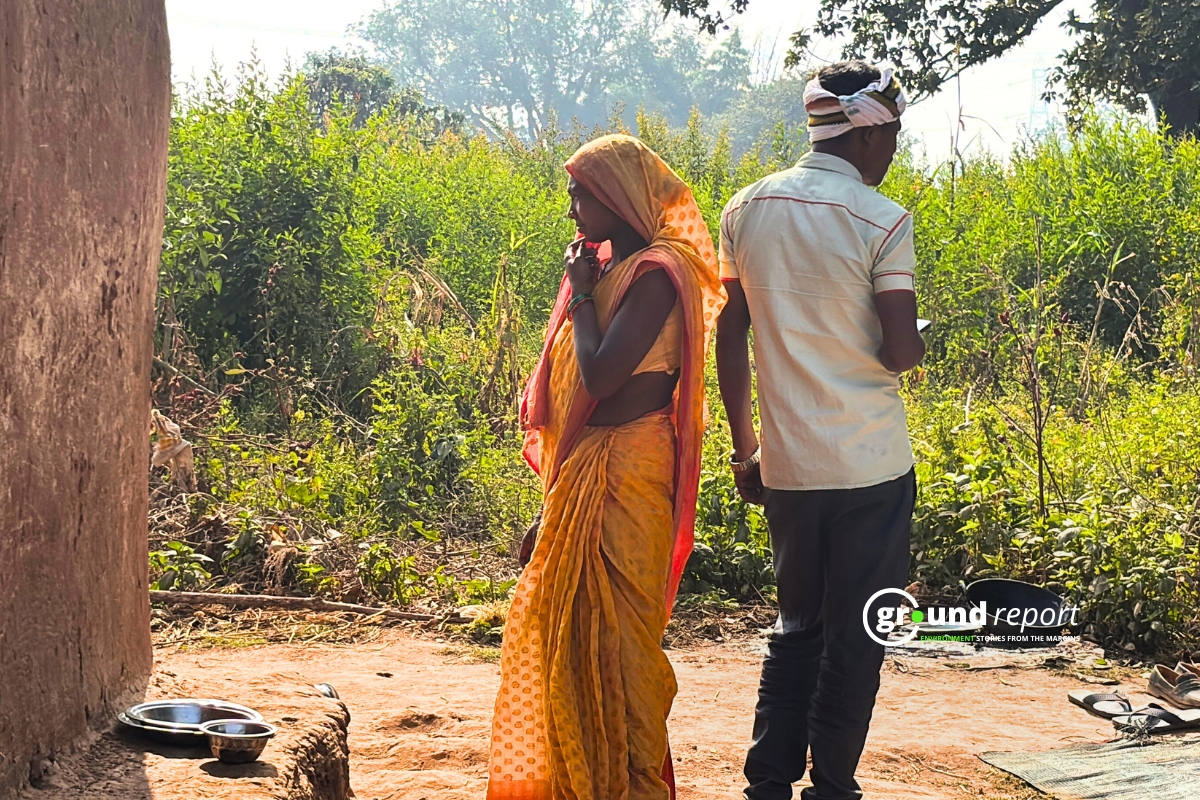After the deadly Pahalgam terror attack on April 22, which killed 26 civilians, India took swift action and suspended the Indus Waters Treaty (IWT) with Pakistan. Now, the Indian government is looking at three options to manage the waters of the Indus River system.
3 options India has for Indus waters
1. Using more water from eastern rivers (Short-Term)
One of India’s first options is to make full use of the Eastern Rivers—Ravi, Beas, and Sutlej. These rivers are allocated to India under the IWT, and India can use them for irrigation, agriculture, and power generation.
Jal Shakti Minister C R Patil said, “We will ensure that not a drop of water from the Eastern Rivers goes to waste. It will benefit our people and our economy.”
This option would help India meet its water needs and strengthen control over the Eastern Rivers without directly impacting Pakistan’s water supply.
2. Building more dams and canals (Medium-term)
India is also speeding up the construction of dams and canals on the Indus rivers. This will increase India’s water storage capacity and help manage water resources more effectively, especially in regions like Punjab and Haryana, which rely heavily on water.
Power Minister Manohar Lal said, “We are looking at various projects to store and regulate water. These projects will ensure that India uses its resources wisely and strengthens its control over the Indus system.”
This approach focuses on long-term infrastructure projects to secure India’s water supply.
3. Diverting water from western rivers (Long-term)
The most drastic option India is considering is diverting water from the Western Rivers—Indus, Jhelum, and Chenab. These rivers flow into Pakistan, and any attempt to divert them would directly impact Pakistan’s water supply.
Union Home Minister Amit Shah has said, “We are exploring all options to protect India’s water rights. If necessary, we will take all actions to safeguard our interests.”
This option would require careful planning and could create serious tensions between India and Pakistan.
Pakistan’s response
Pakistan has already reacted to India’s suspension of the IWT. In response, Pakistan decided to halt its Cholistan Canal project, which was supposed to irrigate desert lands in Punjab.
Pakistan Prime Minister Shehbaz Sharif said, “We have agreed to pause the canal project. We will not continue without a clear consensus between provinces.”
While Pakistan has suspended the canal project, the overall water tension remains high.
The situation is likely to escalate. The growing competition over water, combined with political and military tensions, has experts worried about the risk of conflict between India and Pakistan.
In 2022, Chatham House warned that water could become the next cause of war between the two nations. The report stated, “The competition for water resources, along with ongoing security concerns, could lead to a conflict in the near future.”
Support us to keep independent environmental journalism alive in India.
Keep Reading
The costliest water from Narmada is putting a financial burden on Indore
Indore’s Ramsar site Sirpur has an STP constructed almost on the lake
Indore Reviving Historic Lakes to Combat Water Crisis, Hurdles Remain
Indore’s residential society saves Rs 5 lakh a month, through rainwater harvesting
Follow Ground Report on X, Instagram and Facebook for environmental and underreported stories from the margins. Give us feedback on our email id greport2018@gmail.com.
Don’t forget to Subscribe to our weekly newsletter, Join our community on WhatsApp, and Follow our YouTube Channel for video stories.






